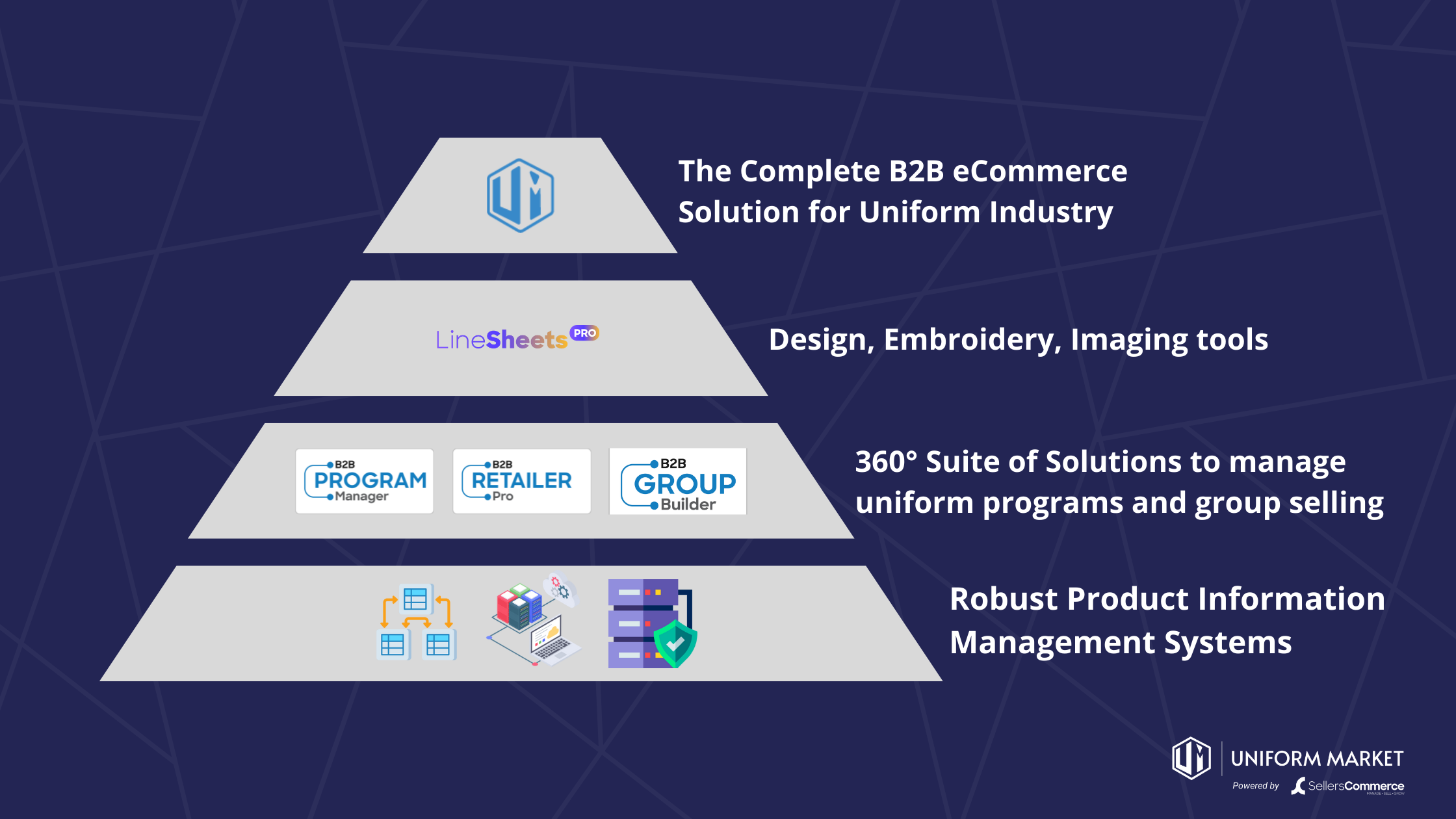With the eCommerce market growing faster than ever, choosing a technology stack to run your ecommerce business is a tough task, especially when most entrepreneurs are from non-technical backgrounds.
Curating the perfect stack for ecommerce is crucial to success as non-optimized online stores will only lead to revenue loss and poor user experience. Business owners don’t just have to worry about the user interface and experience but also manage product information and distribution.
eCommerce for the Uniform Industry
In the world of e-commerce, innovative SaaS-based platforms are becoming more advanced all by the day. In the past 2 years alone, these platforms offer all the tools that businesses need to serve customers and continue running smooth operations. On top of that, SaaS-based e-commerce platforms integrate better with systems that businesses use on the back end.
What is an eCommerce technology stack?
An e-commerce platform or tech stack is a combination of frameworks, tools, apps, platforms and programming languages used to develop a website or mobile application. All these tools and platforms come together as stacks — one on top of the other — to create a system.

An ideal tech stack for the uniform business is very similar to other ecommerce industries, albeit, the template of selling online remains the same, however, uniform orders are very different in the following ways;
- Catalogs – Uniform catalogs are very unique and are not always available to everyone. There are specific partnerships that dealers and distributors have with suppliers with added customized pricing and contracts. These catalogs are also regularly updated by suppliers and are branded in a way that appeals to the end consumers, hence, having them updated regularly is of paramount importance. Having updated catalogs on your storefront will help ensure seamless customer experience and hence increased sales.
- Group Selling – Group selling is a common phenomenon across the board; however, uniform businesses have custom rules that apply to each group (or business) they are selling to, and, having a platform that consists of an advanced rule-engine is a mandate for uniform selling.
- Uniform Programs – Uniform programs are designed to outfit a large number of employees, that often come with stringent design rules & buying guidelines. At a time when businesses are looking for customizable, unified, 360-degree online uniform ordering solutions, it’s important for uniform distributors and retailers as well to transition to technologically advanced enterprise eCommerce platforms that can handle the complex needs of uniform programs.
- Distribution – Whether you are a retailer selling to a small group or a large enterprise, distribution is the most important ‘other-half’ of your business. Your system will have to support everything from payment flexibility to shipping customizations and order approval management. Now, this becomes even more complex when you have multiple customers with different rules.
Other than these, there are a lot of other challenges that need to be addressed, however, given today’s technological landscape in the ecommerce domain, these exist in almost all industries.
The biggest pain point that a lot of uniform businesses have is that most solutions out there are built for everyone, hence the complexity required to simplify online buying/selling uniforms is not accounted for by most and almost everything is a custom-build for uniform businesses.
Now, how is this impacting your business? Take this 2-minute survey to share your thought leadership and we’ll send out an exclusive copy of the industry report over to you.






